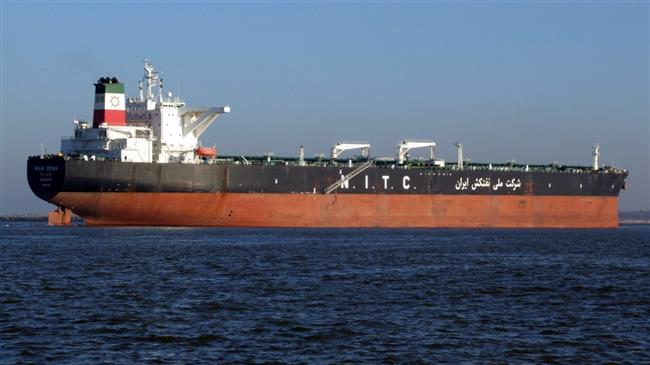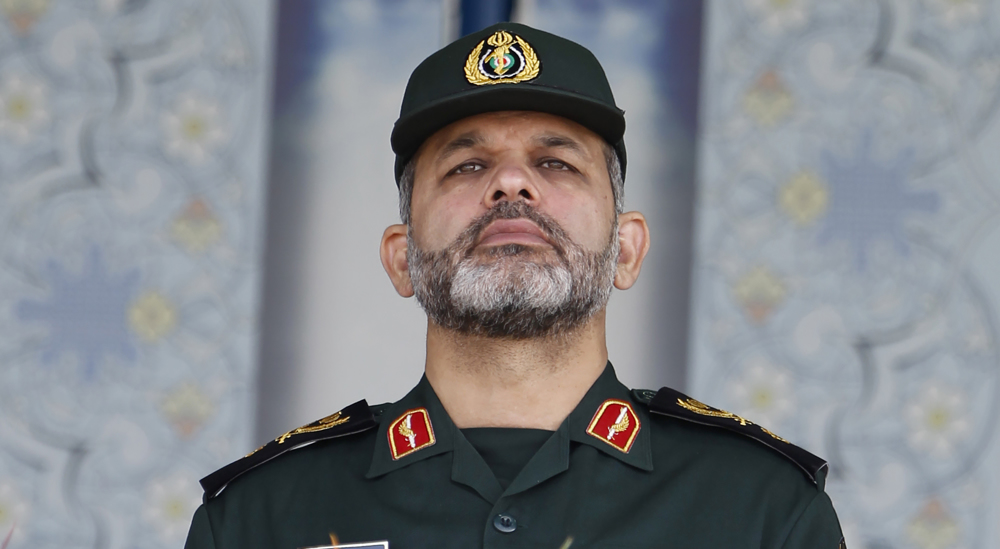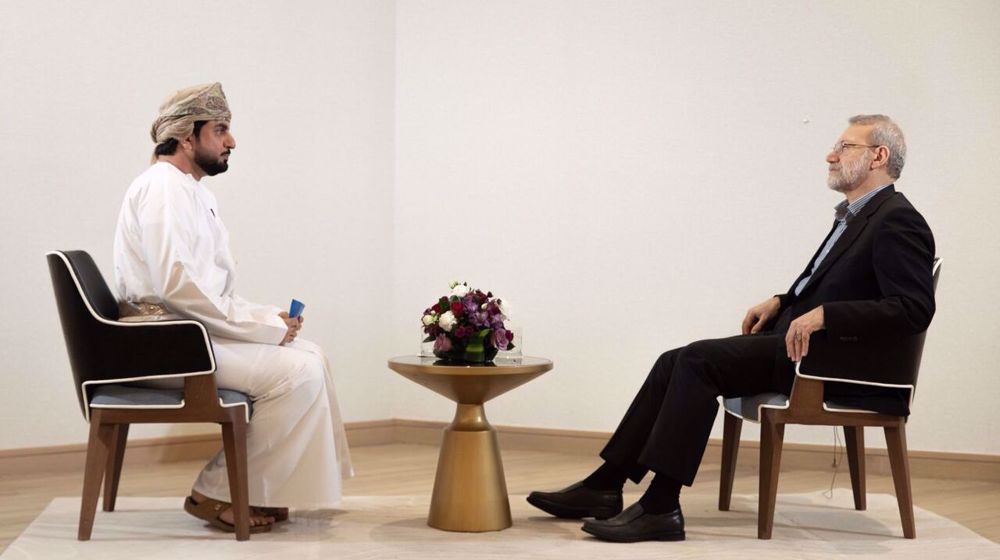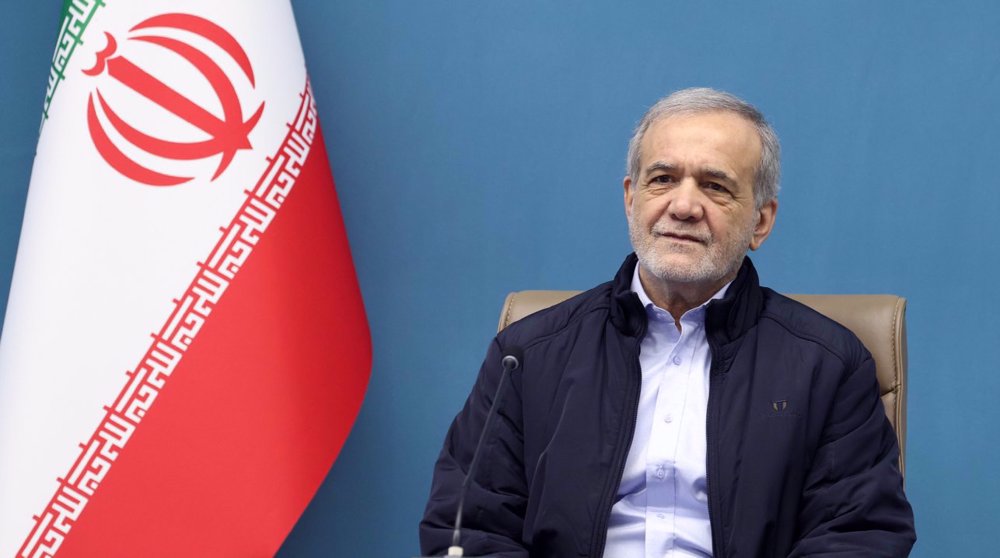Iran rejects Reuters report on its demands from JCPOA parties about oil sales
Iran has dismissed a Reuters report claiming that the country has demanded a guaranteed sale of at least 1.5 million barrels per day (bpd) of crude as a prerequisite for staying in a multilateral nuclear deal it clinched with world powers in 2015.
Reuters in a report on Monday quoted sources with knowledge of Iran-EU talks as saying that Iran insists on exporting at least 1.5 million bpd of oil as a condition for staying in the international nuclear deal.
According to four European diplomatic sources, the figure was communicated in recent meetings between Iranian and Western officials, including Iranian Foreign Minister Mohammad Javad Zarif, but has not been set down in writing.
Reacting to the report on Tuesday, Iranian Foreign Ministry Spokesman Abbas Moussavi said Tehran’s “points of views and rightful demands have been clearly and explicitly stated” in President Hassan Rouhani’s May 8 letter to the remaining signatories to the nuclear deal about the future of Tehran’s stay in the international document following Washington’s unilateral withdrawal from it.
The Iranian spokesperson further warned of the adverse consequences of such misreporting.
“Paying attention to these inaccurate and imprecise news fabrication and speculations is not only unconstructive but can destroy the conditions needed for serious diplomacy at the current circumstances,” Moussavi said.
The United States re-imposed its harsh sanctions against Iran in two phases last year after US President Donald Trump withdrew Washington in May 2018 from the multilateral nuclear agreement, officially called the Joint Comprehensive Plan of Action (JCPOA)
The US administration moved to tighten its bans on Iran’s oil sector on April 22, when it said in a statement that, in a bid to reduce Iran’s oil exports to “zero,” buyers of Iranian oil must stop their purchases by May 1 or face sanctions.
The move ended six months of waivers, which allowed Iran’s eight biggest buyers —Turkey, China, Greece, India, Italy, Japan, South Korea and Taiwan — to continue importing limited volumes.
Despite Washington’s withdrawal, Iran chose to stay in the JCPOA, giving an opportunity to the remaining signatories — Britain, France, Germany, Russia and China — to make up for Washington’s absence and guarantee Iran’s interests under the accord.
However, after Iran’s partners in the deal failed to adopt practical measures to protect Iran against US bans, Tehran on May 8 notified them through the letter penned by President Rouhani that it was suspending the implementation of some if its commitments under the JCPOA.
The letter announced that Iran would stop exporting excess uranium and heavy water, setting a 60-day deadline for the five remaining parties to fulfill their side of the bargain in order for Tehran to resume the commitments it has suspended within the framework of its rights outlined in the JCPOA.
Iranian authorities have downplayed Washington’s threat to cut Tehran’s oil revenues to “zero,” saying the country has its own ways of circumventing the American bans and selling its crude.
“In the first place, such attempts will lead nowhere, and we are capable of exporting as much oil as we need and want,” Ayatollah Khamenei said.
Read more:
- Iran may quit JCPOA if nuclear case sent to Security Council: AEOI spokesman
- Iran right to suspend some nuclear deal commitments: Russia FM
- US sanctions on Iran's oil industry harm global markets' stability: Official
- US sanctions on Iran's oil sale doomed to fail: Defense minister
- No immediate hike in Russia's oil output after Iran waivers end, Putin says
British PM Keir Starmer faces calls to resign
Iran’s Kowsar satellite beams Islamic Revolution anniversary message across region
VIDEO | Press TV's news headlines
VIDEO | Indian regions celebrate Iran’s Islamic Revolution anniversary
Iran’s missile program will never be on negotiating table: Shamkhani
Hezbollah: 47 years of Iranian progress proof of ‘abject failure’ of Western plots
Iran’s Larijani meets Qatari emir amid nuclear talks with US
VIDEO | 47th anniversary of Islamic Revolution celebrated at Iran's Embassy to Holy See












 This makes it easy to access the Press TV website
This makes it easy to access the Press TV website